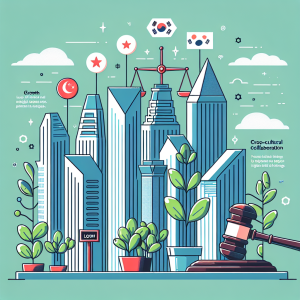As Singapore gears up for the General Election 2025 (GE2025), the political landscape is witnessing significant changes with the announcement that prominent Members of Parliament (MPs) from the Nee Soon Group Representation Constituency (GRC) will not seek re-election. Louis Ng, Carrie Tan, and Derrick Goh have all confirmed their decision to step down, marking a notable shift in representation for the constituency.
Louis Ng, a vocal advocate for various social issues, cited personal reasons for his departure, specifically a desire to spend more time with his family. His tenure has been marked by substantial contributions to parliamentary discourse, having raised over 1,000 parliamentary questions and championed causes such as animal welfare and climate change. Meanwhile, Carrie Tan expressed her intention to pursue personal growth and community service, emphasizing her commitment to societal well-being. Derrick Goh’s motivations for stepping down have not been detailed, but the trio’s exit could pave the way for new candidates and fresh priorities within the constituency.
Implications for the Constituency
The departure of these MPs signals a potential shift in the political dynamics of Nee Soon. With new candidates likely to emerge, constituents may face a choice between continuity and change. The MPs’ absence may also impact ongoing initiatives and community engagement efforts that have been a hallmark of their service. As the electorate prepares for GE2025, the focus will likely shift to how new representatives will address pressing issues, including social welfare and environmental sustainability.
Broader Political Context
The political turnover is reflective of a broader trend in Singapore’s governance, where personal commitments and community-focused agendas are increasingly influencing political decisions. As the nation grapples with pressing economic challenges, including the rising costs associated with healthcare and public health initiatives, the new generation of leaders will need to navigate these complexities effectively.
In the healthcare sector, initiatives like Project CARE, which aims to enhance end-of-life care while achieving cost savings, illustrate the government’s commitment to addressing the needs of an aging population. Such programs are critical as Singapore faces increasing healthcare expenditures, which could be exacerbated by the economic burden of diseases like dengue fever.
Conclusion
As Singapore approaches GE2025, the stepping down of Louis Ng, Carrie Tan, and Derrick Goh from their political roles could signify a pivotal moment for the Nee Soon constituency and the nation’s political landscape as a whole. With new candidates expected to emerge, the electorate will be keenly watching how these changes will influence both local representation and broader policy directions in Singapore’s evolving socio-economic context. The upcoming election not only represents a transition in leadership but also a chance to reaffirm the commitment to social welfare and economic efficiency in the face of emerging challenges.




